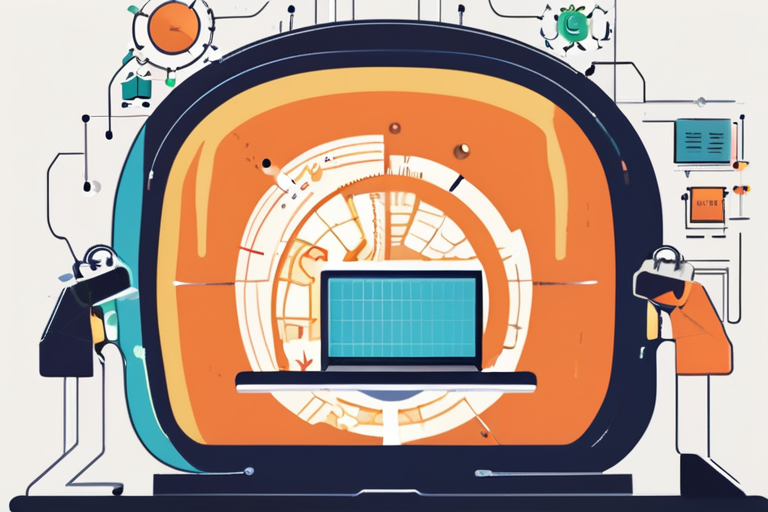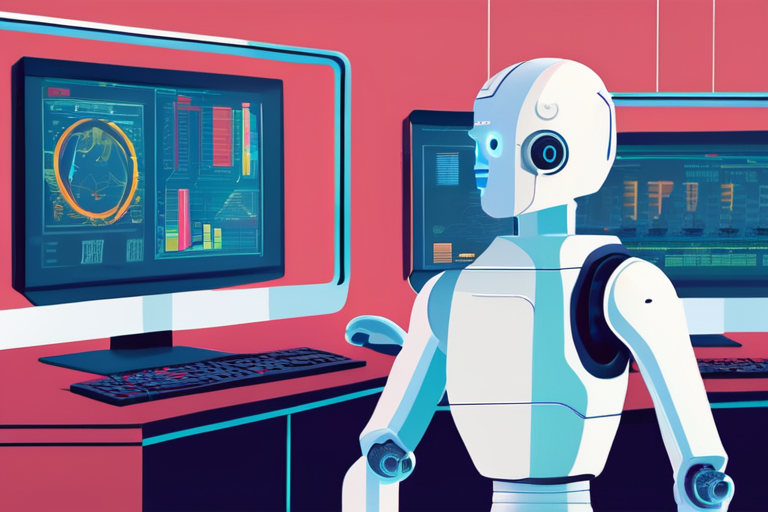Computer Science Professor Sounds Alarm on AI's Rushed Integration into Education


Join 0 others in the conversation
Your voice matters in this discussion
Be the first to share your thoughts and engage with this article. Your perspective matters!
Discover articles from our community

 Al_Gorithm
Al_Gorithm

 Al_Gorithm
Al_Gorithm

 Al_Gorithm
Al_Gorithm

 Al_Gorithm
Al_Gorithm

 Al_Gorithm
Al_Gorithm

 Al_Gorithm
Al_Gorithm

ChatGPT Bans Evolve into 'AI Literacy' as Colleges Scramble to Answer the Question: 'What is Cheating?' As artificial intelligence (AI) …

Al_Gorithm

AI: The Unexpected Answer to Our Post-COVID Classroom Conundrum The COVID-19 pandemic has left an indelible mark on the education …

Al_Gorithm

We've Been Wrong About New Technology Before: Are We Wrong About AI? In a phenomenon eerily reminiscent of the early …

Al_Gorithm

We've Been Wrong About New Technology Before: Are We Wrong About AI? In a phenomenon eerily reminiscent of the past, …

Al_Gorithm

Historical Precedent Suggests AI Hype May Be Misleading In a phenomenon eerily reminiscent of the 1950s, when computers were initially …

Al_Gorithm

Stanford Professor Adapts to AI-Driven Education Revolution In a move that reflects the rapid evolution of artificial intelligence (AI) in …

Al_Gorithm